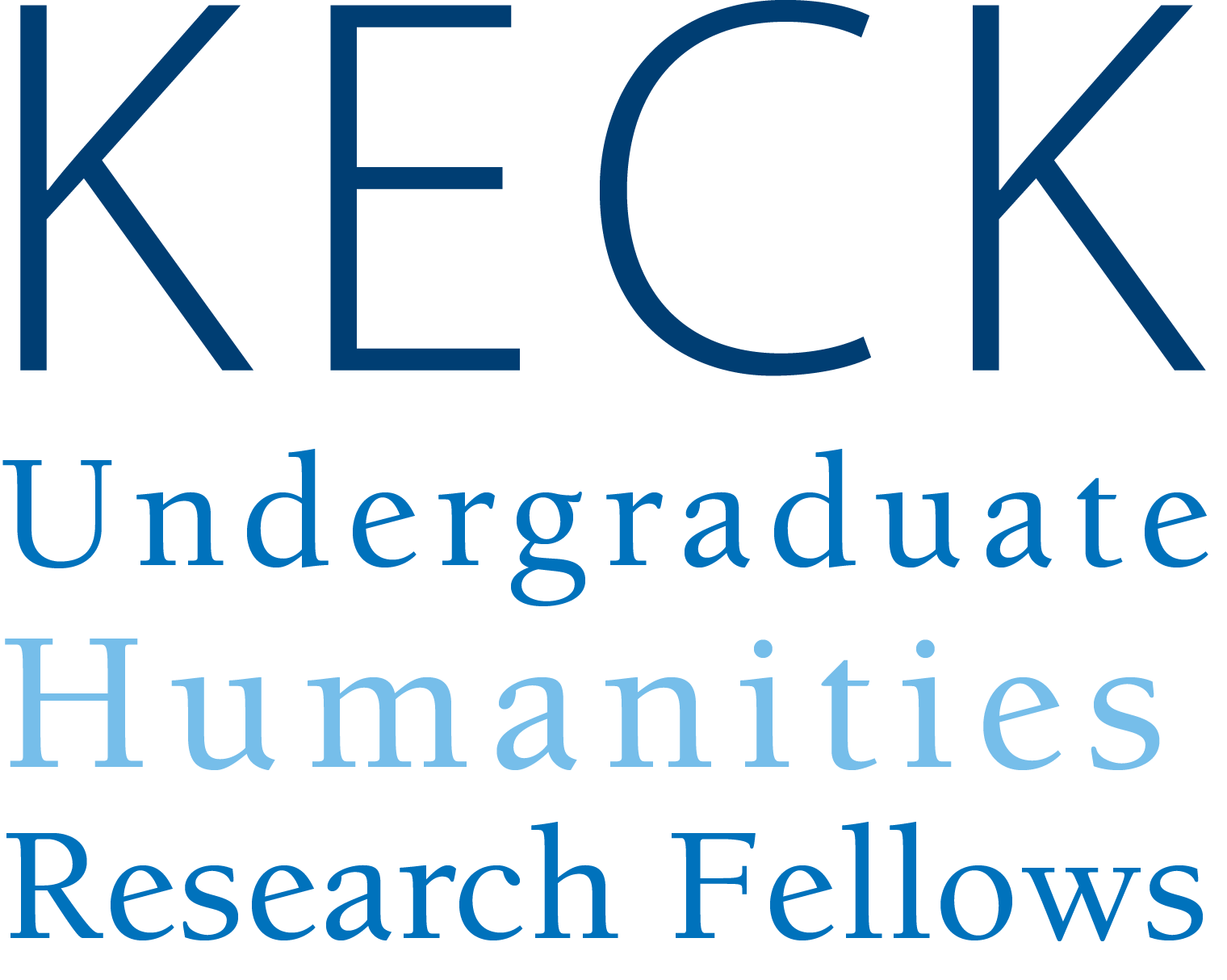Document Type
Working Paper
Publication Date
Spring 2019
Disciplines
Other Philosophy | Philosophy of Language | Philosophy of Mind
Description, Abstract, or Artist's Statement
The assertions of this paper will be concerned with language acquisition as it is presented in Ludwig Wittgenstein’s Philosophical Investigations in contrast with Jerry Fodor’s theory of tacit language described in The Language of Thought. This symbolic mental language is often analogized with the symbolic “language” of a computer. Fodor theorizes that the mind has an innate symbolic (and physically real) system of representation that comes prior to any natural language. Famously, with the private language argument, Wittgenstein contends that language is performed and produced by activity. One learns a language through practice and participation. In this paper, I will support the argument given by Wittgenstein that language is an external, active, and public phenomenon, and I will contrast his view with the computational model proposed by Fodor. It could be argued that the abstract nature of the language of thought is outside of the argumentative influence of the private language argument. However, I will explain how Fodor’s view violates the private language argument. I will then proceed to outline the implications of Wittgenstein’s arguments regarding language with respect to contemporary theories of mind.
Creative Commons License

This work is licensed under a CC BY-NC-ND License.


